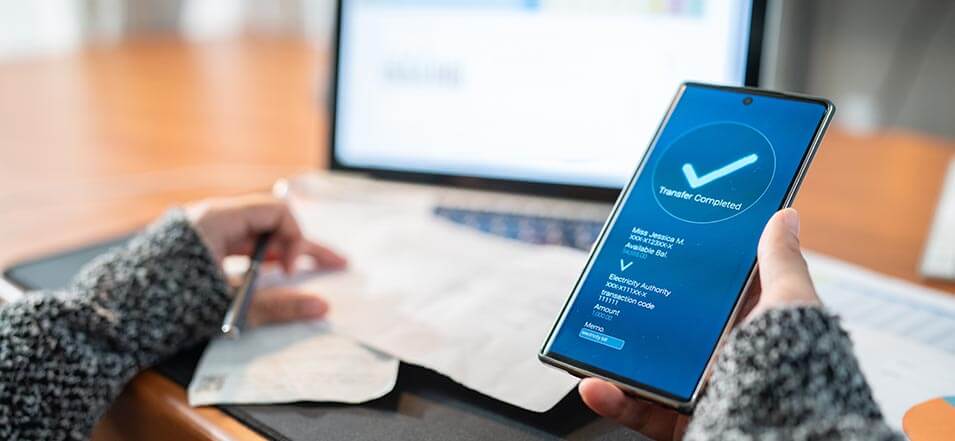How to Protect Yourself from Wire Fraud

Key Takeaways:
- Be wary of urgent requests.
- Check the email or website address carefully.
- Look for typos and errors.
- Don't give out personal information.
- If you're unsure, call the company directly.
Every day, wire fraudsters come up with new ways to access other people’s hard-earned dollars. They’re masters of impersonation who appear in a range of guises, from your local power company to software tech support to a trusted financial institution. They may approach you by text, phone, email, or a letter in the mail. Use these tips to see fraudsters for what they are and help keep their mitts off your money.
Know the Signs
There are three red flags that a communication may have been sent by a fraudster. First, they’re making a request that they say is urgent, and there’s a serious consequence for not fulfilling it ASAP. For example, a fraudster posing as your power company might threaten to cut off your power if you don’t make an immediate payment. A fraudster posing as tech support may claim your computer has a virus that will wipe out all your data unless you give them access to fix it right away.There’s often something about the communication that isn’t quite right. Read email and Website addresses carefully. Many fraudsters create addresses that look similar to legitimate ones to gain trust. For example, they may want you to click on a link going to ucbi.beware.com instead of ucbi.com, although they likely won’t make the “spoofed” address as easy to spot.
Everyone makes mistakes, but the third sign that a communication is fraudulent is that it’s riddled with errors. Look for typos, capitalization mistakes, and wording that doesn’t sound professional.
Take a Step Back
It can be hard not to react if you receive a communication that seems important, urgent, and official. Take a moment to take care of yourself:
- Don’t respond to communications you don’t feel good about.
- Don’t give out personal information like your Social Security Number, credit card details, or bank account number.
- Don’t make payments in a way you normally wouldn’t.
- Instead, call the company through the number listed on bills and statements you know are legit.
- Monitor your accounts online to stay on top of unusual activity.














